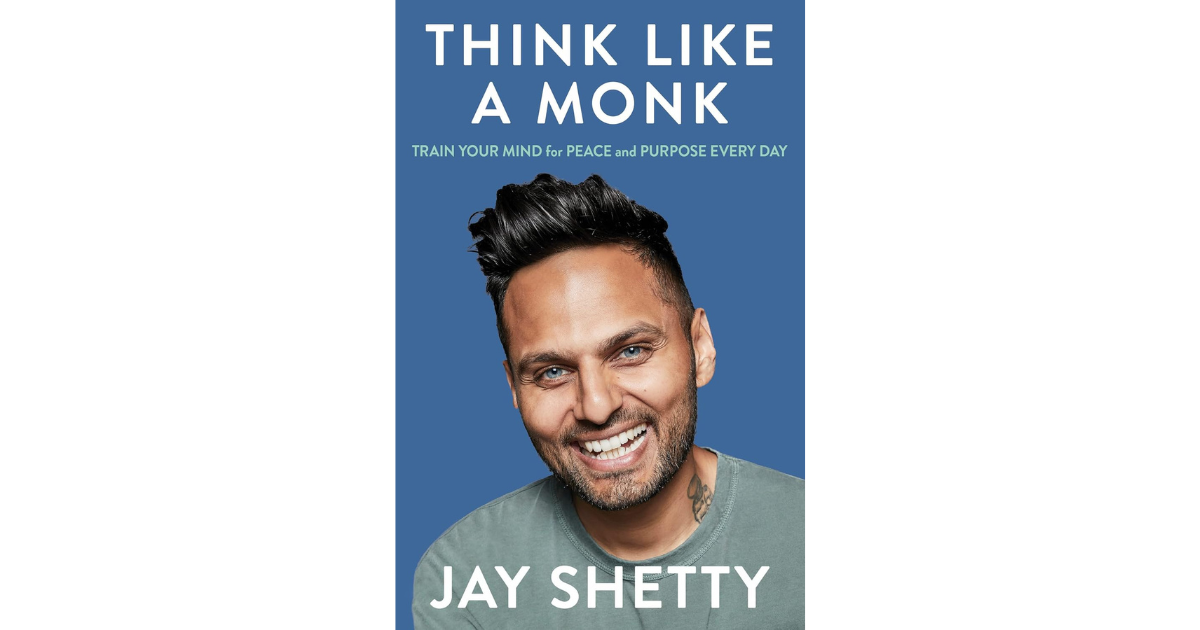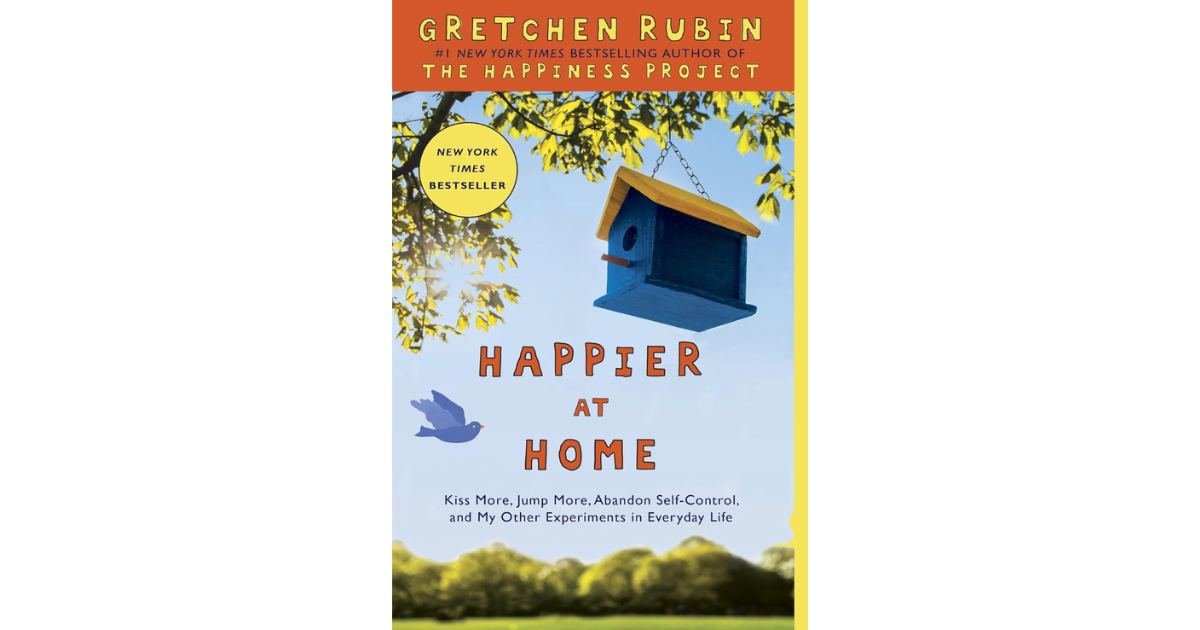Business Book Review: F*ck Being Humble by Stefanie Sword-Williams
It’s the controversial catchcry that will have you questioning why self-promotion ever became a dirty word, and how a new mindset can change the course of your career.
My Rating: ★★★★★
Length: 220 pages
Publisher: Quadrille
Released: 2024
Key Takeaways for Personal Branding
Stefanie Sword-Wiliams bravely steps where most professional development specialists don’t. She skips strategies for feigning modesty and the humble brag in disguise. She gets straight to the point - F*ck Being Humble.
The cleverly crass mantra has remarkable cut-through in the often bland market of self and professional development books. And yet, Sword-Williams is articulate, informed and persuasive in her points about why the current mindset around self-promotion is problematic to your career and what to do instead. She writes with the wonderful wit that you wish more of her counterparts would do, but it is obviously unique to the personality that only she brings to the conversation.
The advertising specialist knows all about promoting brands and turned her insights into supercharging individuals' professional potential:
"So why now? What is it about the world we live in that means we have to start taking this a whole lot more seriously? Well, the recession has meant job security is a dying breed, and our rising expectations of flexibility and freedom mean we need to find a way to not only stand on our own two feet, but rise above everyone else who’s developing side hustles on their lunch breaks. With freelancers accounting for 77 million people globally and younger people wanting to become their own bosses sooner (the number of self-employed workers aged 16 to 24 has nearly doubled since 2001), the question is: Are we equipped to take on the real world?”
“When I say ‘self-promotion’, I don’t mean standing on your office chair shouting about just how great your latest piece of work is. I mean being prepared. Being prepared for someone to Google you, for an impromptu meeting.”
As the F*ck Being Humble highlights, it’s building your brand that allows you to be “always on” without actually being “always on” yourself.
FOSS versus FOBG
For what holds us back, Sword-Williams coined the acronym FOSS (Fear of Sounding Stupid):
“This is the anxiety that the very way you describe yourself could be classed as cringeworthy or self-indulgent – or worse still, could be challenged for not reflecting who you really are.”
But, the real problem should be much more concerning to you - FOBG (Fear of Sounding Generic):
"FOBG is what should really be keeping you up at night, because you, my friend, are most likely doing everything you possibly can to not stand out – and you may not even realise it. You follow the rules, you communicate the way you think is expected of you, you’re modest, and you definitely don’t send a weekly roundup of your latest work. Instead, you sit in ‘Camp Generic’ with your Nando’s medium chicken and piri-piri salted chips."
Sounding generic is what is really going to stifle the career prospects of your professional personal brand in the future. As F*ck Being Humble shares, according to LinkedIn’s 2019 Global Talent Trends report, as automation and AI are reshaping the future of the workplace, it’s the personal attributes you bring to the business that companies are seeking when recruiting. Research showed that 82% of UK employers said finding individuals with soft skills was more important than hiring those for hard skills, such as a programming language, which has a limited shelf life.
Build a portfolio or platform
F*ck Being Humble proposes building a portfolio or platform as an important strategy. You can even keep it secret until you’re comfortable sharing it. The more important thing is to put pen to paper or start creating in whatever way you see fit. This helps prevent your ideas from being lost.
But as Sword-Williams advocated, “don’t be in hiding” forever. Share your expertise with the world. As she reframes, sometimes it’s not actually all about who you know, but what you know - or more importantly, who you are.
You may choose to add a podcast linked to your online profile, adding a voice to your paper CV. Or, you may pen a blog, demonstrating your passion and unique perspective. Your platform allows you to share not just your work, but your processes. You can give your audience a behind-the-scenes look into your journey - this might include the resources you relied upon, such as the books, podcasts or tech you turned to. It’s like “showing your workings” in school instead of just the result. It demonstrates the length you go to and paints a bigger picture of how you approach your search for solutions. And she says:
“You never know what might connect with people.”
Location doesn’t need to be a barrier
The beauty of building an online portfolio and platform in today’s world is that your location matters less and less. As Sword-Williams states:
“Companies do international business all the time digitally, but when it comes to networking we claim that our location is the dictator of success. WRONG. It’s really, really not. For as long as we have image-sharing, messaging and video-recording capabilities, we can tell our stories via YouTube, Twitter, Instagram, LinkedIn and Facebook overnight, all of which stay online for you to later share with others who want to see examples of your work.”
Sword-Williams suggests that if you’re not located in your industry’s ‘hubs’, strategise to disrupt the current content in that space. Or, consider collaborating with those with a presence in the space you want to excel in.
Favourite Quotes
“While we’re all busy moaning about social media being the sole reason for our insecurities and loss of time, we seem to forget that we control what we consume.”
“People have lives that don’t revolve around you, and you can’t let their lack of an instant response be a deterrent to your plans. If anything, use it as a driving force to show them what an amazing opportunity they missed out on by not getting back to you."
“There are also a lot of companies doing ‘reverse mentoring’, which is where a junior member of staff advises someone senior. The generations coming up are most likely going to be able to teach us how we could be doing things more efficiently or even how to stay more culturally relevant, so don’t get hung up on your mentor being an icon in the field – and seek out anyone who can benefit your weak spots."
F*ck Being Humble by Stefanie Sword-Williams Available on Amazon.



